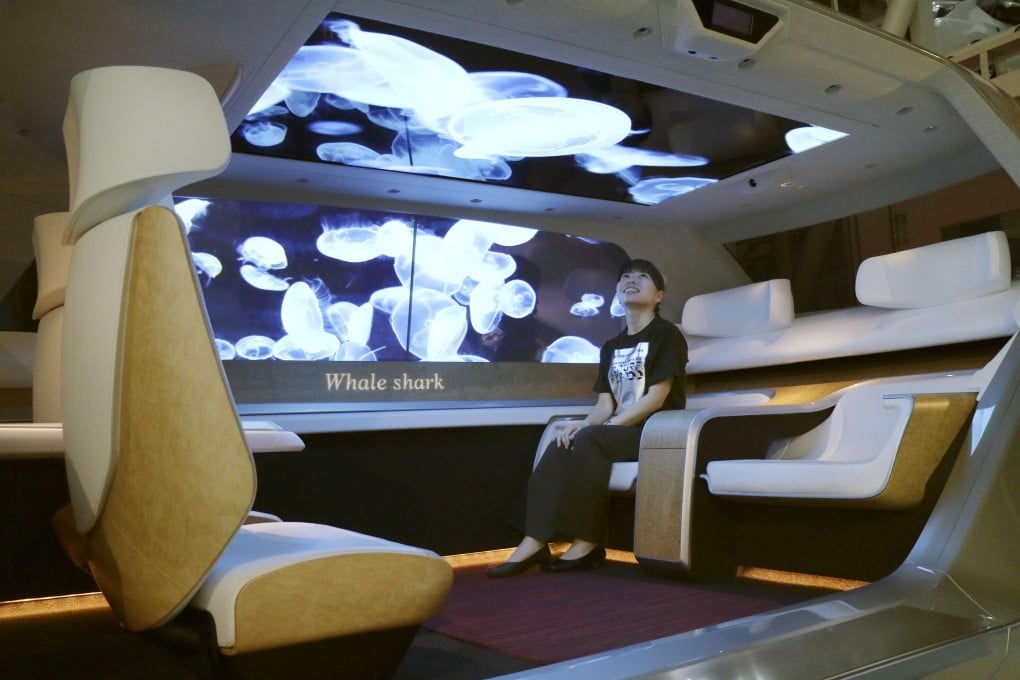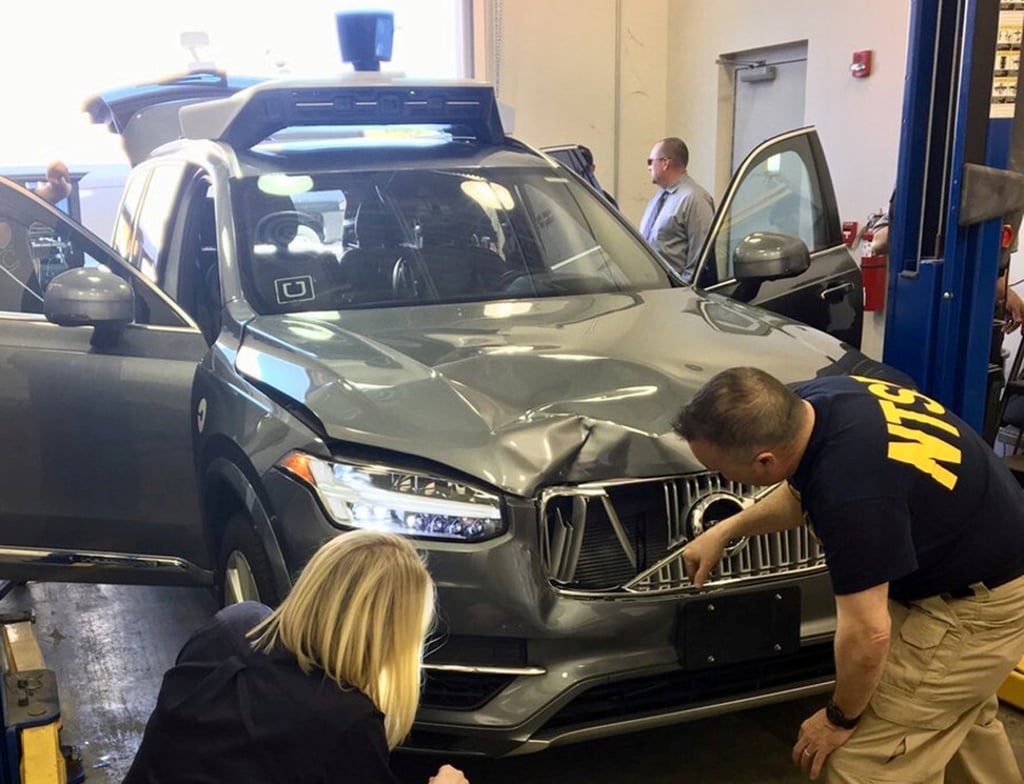Self-driving cars pose crucial question: who to blame in a crash
- Who is liable when a fully self-driving car hits another vehicle or a pedestrian remains a complex question for both carmakers and tech firms
- Despite the intense debate over legal issues, self-driving cars have the potential to drastically reduce the number of car crashes and deaths on roads

“If another driver hits you, it’s clear who the driver is,” said Sarah Rooney, senior director of federal and regulatory affairs for the American Association for Justice. “It’s the human being.”
Not so when a fully self-driving car hits another vehicle or a pedestrian. Then the fault may lie with the manufacturer and the software, or with the owner if updates have not been properly installed. If the manufacturer is as fault, a victim may seek to sue under product liability standards, as with a conventional car.

A move to merge the bill with must-pass legislation earlier this month faltered over an initiative by some manufacturers to include language that would prevent consumers from suing or forming class-action cases. Instead, the consumers would have to submit disputes to binding arbitration, something that is common with technology products but not automobiles.